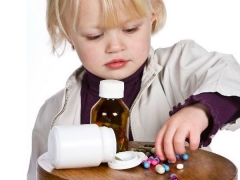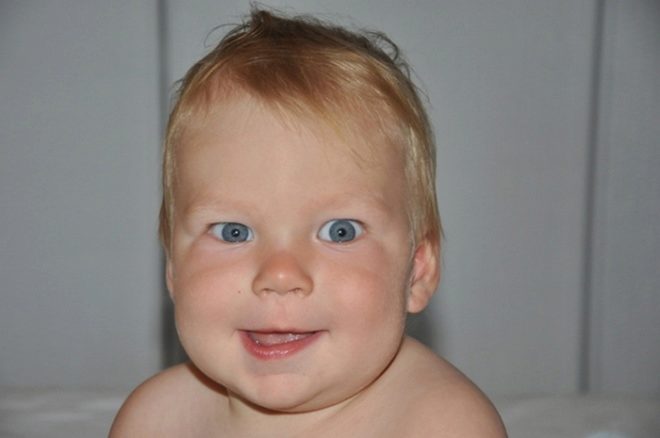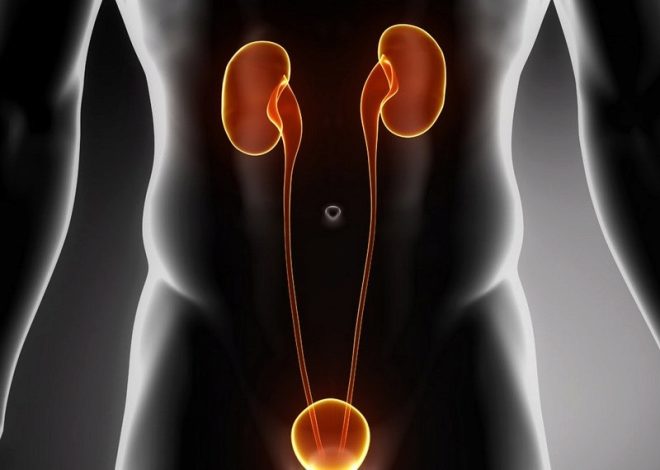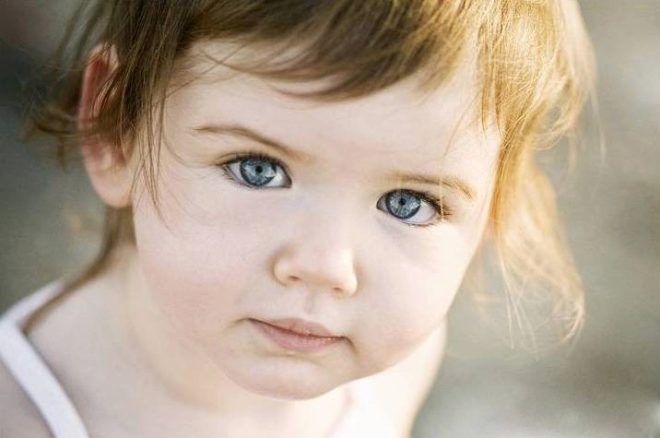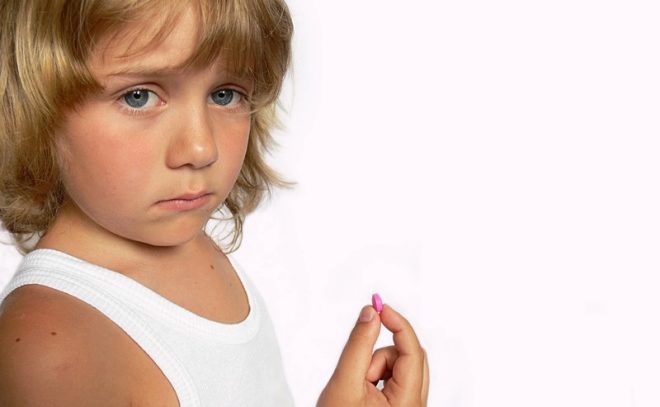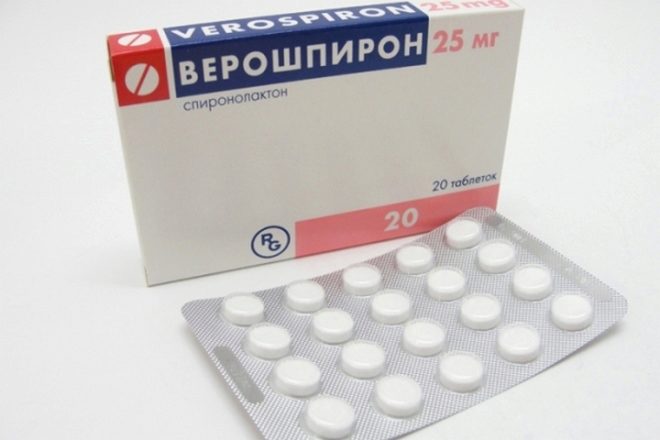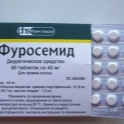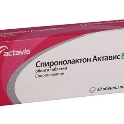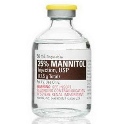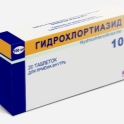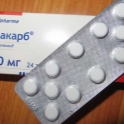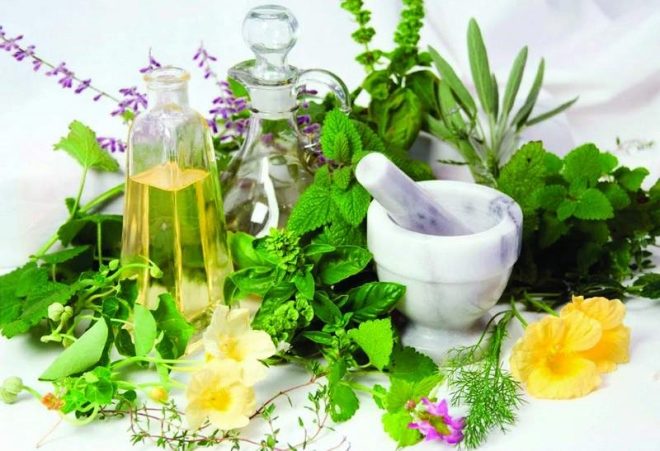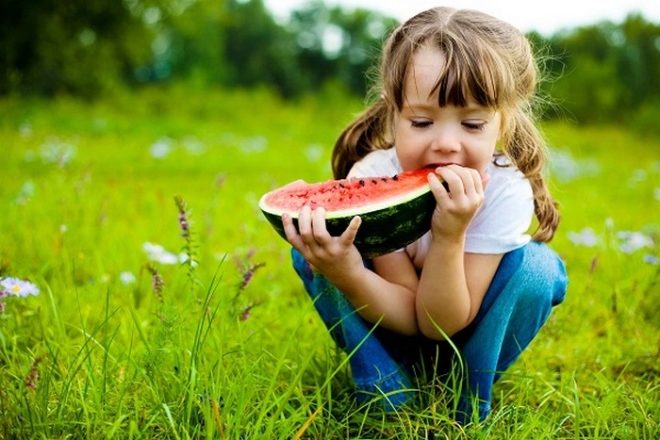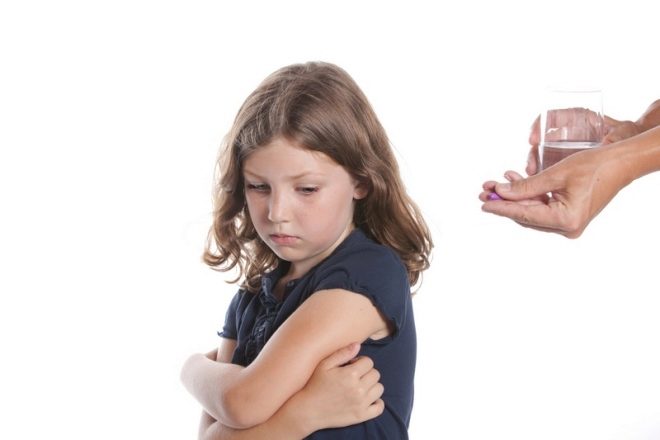Diuretic for children
All children suffer in different ways. Someone rarely and easily, someone often and strongly. It depends on the state of immunity of the baby, which we often call the "state of health". But for all children, without exception, from time to time such situations occur in life when they need diuretics.
Diuretics (that is how doctors and pharmacists are called diuretics), help to remove external and internal edema in a variety of diseases.
Doctors and parents have a large choice between traditional pharmaceutical drugs and herbal remedies, traditional medicine, as well as a huge list of fruits and berries with a diuretic effect.
Operating principle
Diuretic drugs act at the cellular level in the kidneys — the renal nephrons, which are the main component of the kidneys, begin to filter the incoming blood more quickly and transport excess fluid through the urinary tract.
According to the principle of action, diuretics are divided into loop diuretics, thiazide preparations, osmotic drugs, and potassium-sparing drugs. When treating children, doctors usually prefer the most benign medicines, but even they do not protect the child from hypokalemia. (state of potassium deficiency), and other negative effects.
Indications for use
Diuretics are prescribed to get rid of edema in some diseases of the heart and blood vessels, at very high pressure, in a number of diseases of the kidneys and urinary system. They help to quickly remove toxins from the body if the child is severely poisoned or has received a serious overdose with any medication.
Diuretics for children
Special children's diuretics in nature does not exist. Usually, the same medications are used in therapy, which are used in the treatment of adults with a difference except in dosage. That is why it is so important that the doctor prescribes diuretics. Uncontrolled intake of such drugs can cause extremely dangerous conditions in a child - dehydration, potassium deficiency, which, in turn, can lead to serious violations of the central nervous system and even death.
Minor swelling often does not require the use of diuretics. It is enough to adjust the baby’s food by adding to its diet foods that help remove excess fluid from the body - watermelon, cranberry juice, cowberry, currants. If a problem is assessed by a doctor as serious, it is impossible to do without medicines.
Medications
In case of severe edema, after a thorough examination, the doctor prescribes medication. Children usually take diuretic drugs for no more than three days so that the child does not have time to lose too much potassium and magnesium. Then they take a break for several days and recommend feeding the baby with foods rich in potassium. (pine nuts, apricots, oatmeal, beef). After the vital trace element is replenished, the doctor may prescribe diuretics for another 2-3 days.
The list of the most popular medicines among pediatricians:
- «Veroshpiron»
- "Urakton"
- "Furosemide"
- «Diacarb»
- "Hydrochlorothiazide"
- "Hlortalidon"
- "Torasemide"
- Mannitol
- "Spironolactone".
Most often, drug treatment of edema in children is prescribed with the help of drugs produced in tablets. In extreme cases, when it comes to emergency care, on which the baby’s life depends, doctors inject some of the drugs intravenously by intravenous drip, adding them to saline or glucose.
Folk remedies
Plus, the time-tested ways of removing excess fluid is that they are non-toxic and, under the recommended guidelines and dosages, are quite successful.
- Most often, to achieve a diuretic effect, children are given a decoction of parsley (50 grams of grass per liter of boiling water). This tool is given to children aged 1 year in between feedings. As a rule, the diuretic effect of the healing drink is already on the first day after the start of treatment.
- Instead of parsley detyat from 2 years old you can give dill. A decoction made from fresh or dried dill can be given both before, and after, and during feeding. It all depends on when the child agrees to drink it.
- If the baby refuses decoctions that have a pronounced bitter taste, you can offer him special diuretic teas. This tea is sold in any pharmacy or a large children's store. Usually diuretic drinks marked "phyto" contain chamomile, thyme, anise, sage. You can buy these herbs in the form of a ready-made pharmaceutical collection and brew a tasty and healthy herbal tea for your child.
- The diuretic - fresh watermelon is the most loved by children both at 1 year old and at 10 years old. Even one slice of juicy and ripe sweet treat with a melon after 20-25 minutes makes the child want to go to the toilet. For medicinal purposes, watermelon is given several times a day, in several pieces. And tasty and healthy. Children under 3 years of age do not forget to release the flesh of the watermelon from the seed.
- Not the most delicious, but definitely one of the most effective diuretics - grass with the funny name "bear's ear" (bearberry). Broth of bearberry bitter, but it can add a little sugar. Give a decoction of this dessert spoon 3-4 times a day.
- Children under 5-6 years of this remedy is contraindicated. Therefore, buying pharmaceutical diuretic tea, carefully read the data on its constituent components. Bearberry comes in many herbal diuretic teas.
- Children 4 years older to remove edema can be steamed in a thermos whole grains of oats (not to be confused with oatmeal). Oats insist, filter, and then give the child a tablespoon five times a day.
Useful tips
If the child’s edema appears due to an allergic reaction (such as, for example, angioedema in the urticaria), you should not start treatment with diuretics. Such edema is very dangerous for the life of the child, it requires complex therapy with the use of hormonal and antihistamine drugs. With such edema, you should immediately call an ambulance.
You can learn even more useful information from the program "Live Healthy".
